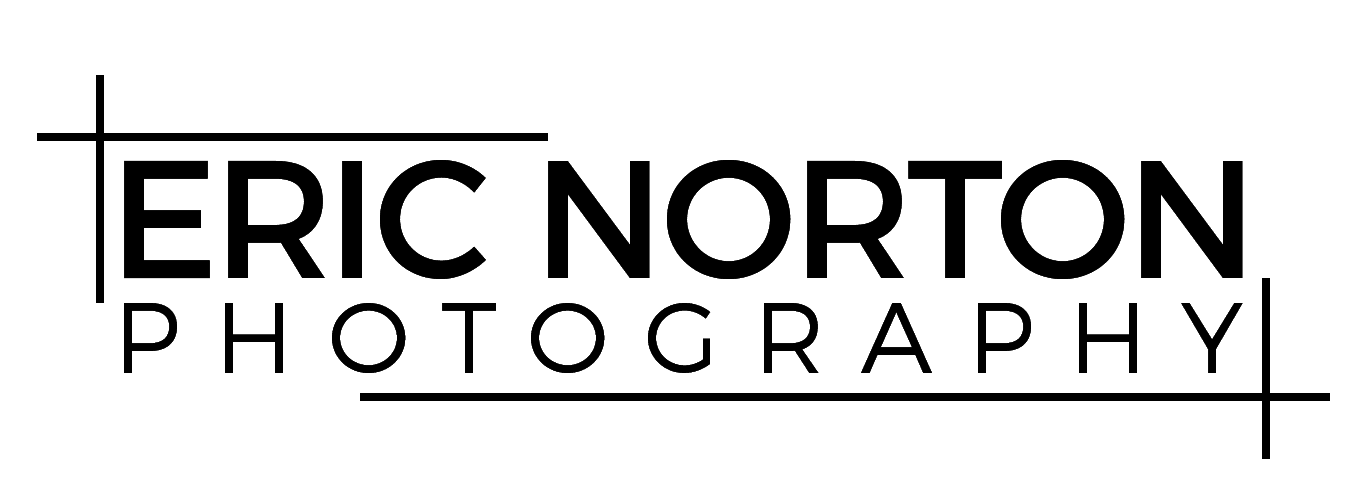Copyright Infringement on Social Media
Let’s talk about the rampant copyright infringement on social media. For those of you who haven’t read my About page, I’m both a photographer and an attorney. One of my specialities is copyright law. So, this puts me in a unique position to discuss what copyright is, how the copyrights of creative professionals are often infringed, and what you can do about it. This will be the first of many posts throughout the year on the subject.
As we all know, there are thousands of people sharing, reposting, and otherwise repurposing content created by someone else. Pinterest Pins, Instagram reposts, and bloggers just flat out grabbing an image off of Google Image Search and slapping it on their page. While all of that seems totally harmless (and honestly, unless you’re depriving someone of a profit as a result of your reposting, those activities probably are in the “I’m not directly hurting anyone” sense of the word), all of those activities may technically amount to copyright infringement.
Before we get into the real meat and potatoes of what’s going on here and why these benign social media activities may be considered copyright infringement, let’s run through a quick crash course on copyright law. Keep in mind that this applies only to copyright law in the United States, and while some of these rules are fairly standard in most countries, some countries take a strikingly different stance on how copyright law works. China, I’m looking at you. Copyright law protects “original works of authorship fixed in any tangible medium of expression” so long as the work is “perceived, reproduced, or otherwise communicated, either directly or with the aid of a machine or device.” That’s the cold hard law and if you’re a layman, it probably doesn’t make much sense. What I tell my copyright clients is basically that in order for their work to be protected under copyright law, they have to have actually created something with some kind of “artistic” merit. “Artistic” is in quotes because it’s interpreted pretty broadly, beyond what some people would consider art. Copyright law covers a wide range of art including fields like photography, drawing, poetry and other authorship, sound recording, and the dramatic arts. In other words, if you didn’t create it, you don’t own it.
Copyright owners are given the exclusive right to copy their work (and distribute those copies), prepare derivative works based on their original, and perform the work publicly. Each of those rights is separate from all of the others, and as a result individual rights can be given or licensed to different people or organizations at any time. At the same time, any time any person takes (as in doesn’t license) one of those rights from the original copyright holder, they’re committing copyright infringement.
So what’s the way around copyright infringement on social media? Well, the most common is permission. Just because you attribute the original author of the copyright doesn’t count. You have to get permission up front.
But Everyone’s Committing Copyright Infringement on Social Media!
Yep. Thousands, tens of thousands, hundreds of thousands, maybe even millions of people are online right now violating the copyrights of others. That said, most people don’t have a problem with you using their copyrighted works. Some people do—though that tends to be more of a question of who is actually committing the copyright infringement rather than who the copyright owner is. The more popular you are—and the depth of your pockets—may make you a prime target if you’re infringing on others’ copyrights.
Just take a look at the pickle Conan O’Brien’s company (and their affiliated networks) found themselves in. A Twitter user posted a few jokes on his Twitter account. Apparently Conan’s team may have pilfered those jokes and used them on Conan’s show, supposedly infringing the Twitter user’s copyright.
Now let’s be honest, suing someone for most infringements is just not possible. Copyright lawsuits are expensive, most of them will never amount to much unless you’ve registered your copyright and you’re suing someone who has massively infringed on your rights and cost you millions, and very few copyright attorneys will take a case of reposting an image on Instagram or something similar on contingency—I’ve certainly never met one who would. So expect a cost of around $500-1500 if you want to have an attorney send a demand letter to an infringer, and a cost of around five figures to six figures for a full-on copyright infringement lawsuit.
But there’s a more common remedy available if you don’t want any money from the infringer. The DMCA (Digital Millennium Copyright Act) takedown notice. These takedown requests have an incredibly low bar, and all you have to do is state you’re the copyright owner, and point the request to the proper service provider. Voila, the infringing item is taken down (unless that service provider is in a country that doesn’t care about those pesky United States copyright laws, which is a whole post on its own). The problem here is that this low bar makes it easily abused.
The Fair Use Fallacy
Whenever people online talk about copyright infringement, the fair use argument inevitably comes up. If you don’t know, fair use is an affirmative defense to copyright infringement. Sometimes it works and sometimes it doesn’t, but remember the bigger issue—it’s a defense to copyright infringement. This means you’re really not going to know whether or not something is actually fair use unless you’re actually sued by the copyright owner and win on a fair use claim. Fair use is decided, after all, on a case by case basis.
There are a few factors to consider when deciding if something is actually fair use.
- First, what is the nature of the copyrighted work? Are we talking about something that is a truly unique piece of art or is it based more on facts?
- Second, what is the purpose of the copy of the copyrighted work? Are you reporting news or providing commentary about the copyrighted work, are you parodying the copyrighted work, or are you just using the copyrighted work because you needed something to fill the space on your blog or that picture of a camera would really help sell the cameras on your website?
- Third, how much of the copyrighted work did you copy? Did you take the whole thing, some very small portion of it, or somewhere in between?
- Fourth, does your copy affect the market for the original work? In other words, are you selling your copy or otherwise using it for commercial use?
With those factors out of the way, let’s talk about the two types of social media users: those who like to share pretty pictures like they’re writing a diary to the world, and those who are out there to promote their businesses or develop their careers.
The first group of people are going to find that fair use will likely (this is certainly not legal advice to be relied on since it is a case-by-case test) be in their favor more often than not. They’re not using the copyrighted materials commercially, they may not be using the entire amount of the copyrighted work, and they may (at times anyway) be providing commentary about the copyrighted work.
On the other hand, commercial social media users are going to have a hard time convincing anyone of their fair use defense. And this is where people really get nailed for copyright infringement on social media. After all, the fourth factor is automatically negated—they’re using the copyrighted work commercially.
What Can You Do?
All in all, the takeaway from this should be that if you didn’t create something yourself, you may not have a right to use it. That may be the case even if you paid someone to create it, but more on that in another post. Just because you find some amazing picture on Google or Instagram or Pinterest doesn’t mean you have a right to use it. In fact, unless that picture is in the public domain or licensed under one of the Creative Commons licenses, it’s someone else’s copyright. Can you use it? Sure—anyone can download a picture and repost it. Should you use it? No, not unless you at least obtain the permission of the copyright holder.

